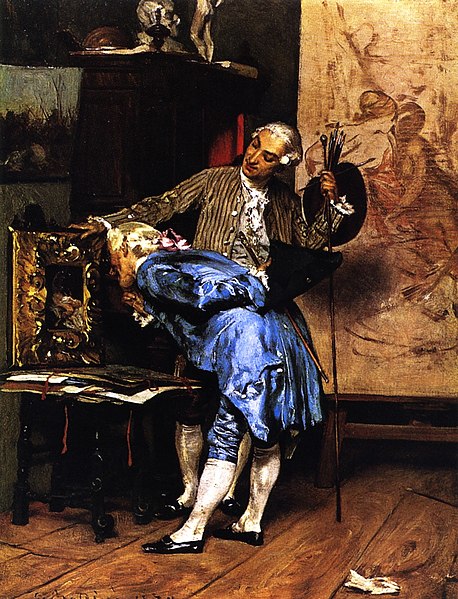
When [a man] puts a thing on a pedestal and calls it beautiful, he demands the same delight from others. He judges not merely for himself, but for all men, and then speaks of beauty as if it were a property of things. Thus he says that the thing is beautiful; and it is not as if he counts on others agreeing with him in his judgment of liking owing to his having found them in such agreement on a number of occasions, but he demands this agreement of them. He blames them if they judge differently, and denies them taste, which he still requires of them as something they ought to have; and to this extent it is not open to men to say: Every one has his own taste.
— Immanuel Kant, Critique of Judgment, 1790
